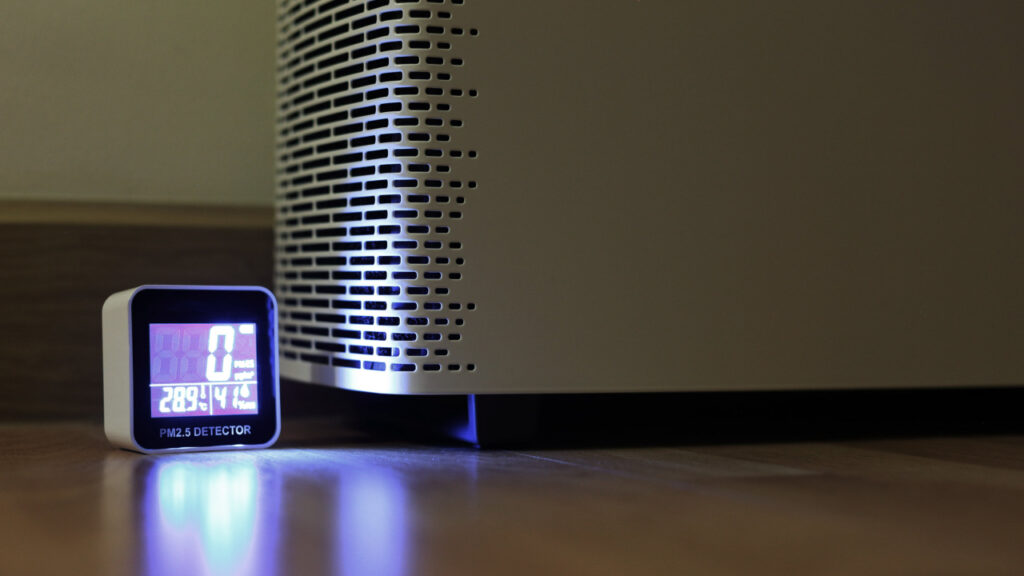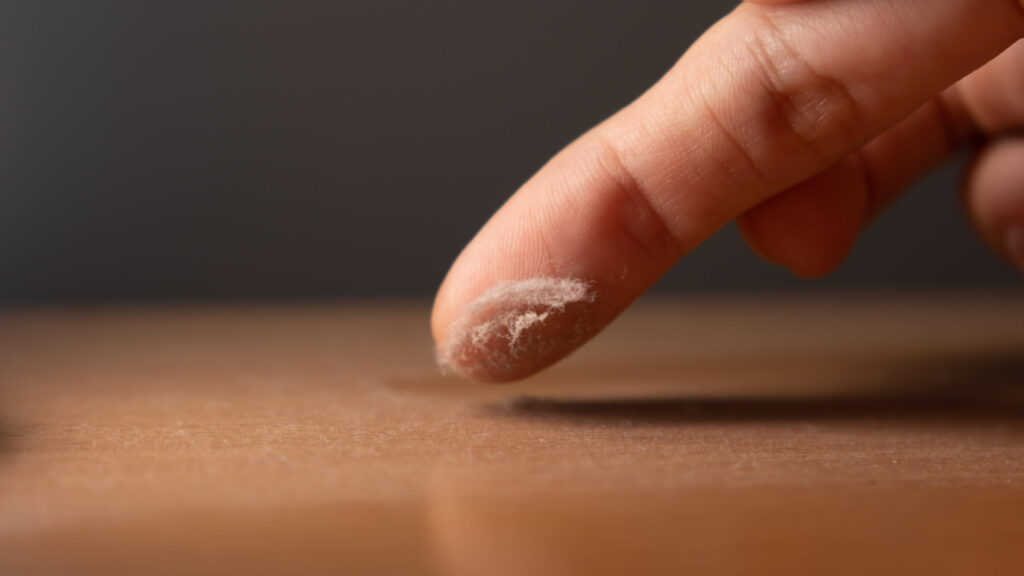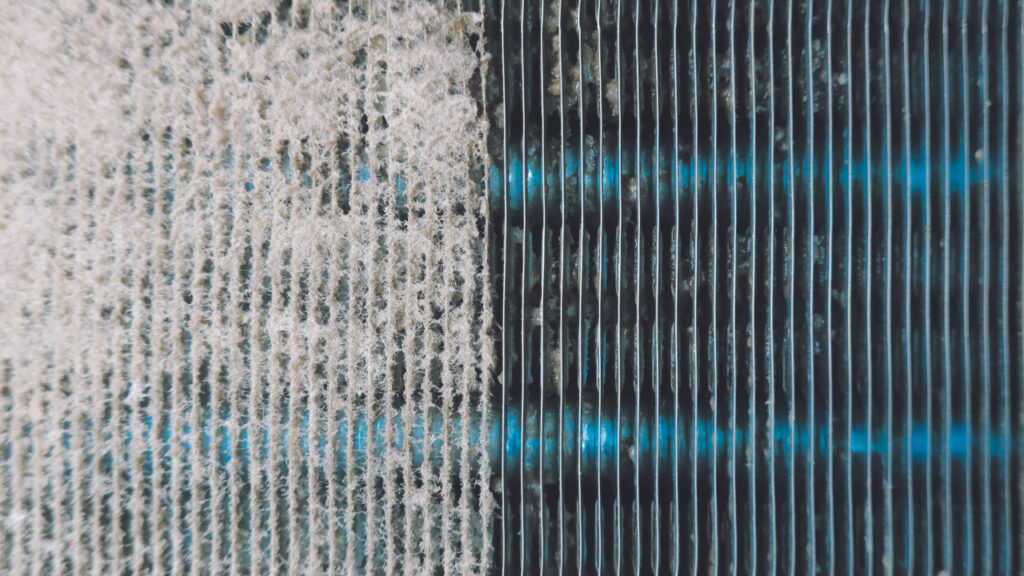As a reputable general contractor and mold remediation specialist, EcoFLA understands the importance of indoor air quality for the health and well-being of your family. Poor indoor air quality can lead to various health issues, including respiratory problems, allergies, and fatigue. That’s why we’re here to offer you expert advice on how to improve the air quality in your home.
In this comprehensive guide, we’ll share effective methods and preventive measures to ensure you and your loved ones can breathe clean and healthy air.
Test Your Air Quality:
- Use an indoor air quality monitor to measure pollutant levels.
- Install a carbon dioxide detector to check for high carbon dioxide levels.
- Regularly test your home’s air quality to ensure the effectiveness of your efforts and maintain a safe environment.
Prevention:
- Take off your shoes when entering your home to prevent outdoor pollutants from entering.
- Clean regularly to minimize dust and debris accumulation.
- Use allergy-friendly or chemical-free cleaning products.
- Keep outdoor sources of pollution, such as lawnmowers, away from your home.
- Regularly maintain appliances and heating/cooling systems to reduce emissions.
Ventilation:
- Increase ventilation by using exhaust fans in bathrooms and kitchens.
- Leave interior doors open and avoid blocking permanent ventilation features.
- Ensure regular cleaning and maintenance of ventilation systems.

Filtration:
- Consider using a portable air cleaner with a HEPA filter.
- Change your HVAC filters and clean vents every three months.
- Clean your air ducts to remove dirt or debris buildup.
Remove Obvious Air Pollutants:
- Regularly dust, sweep, and vacuum your home.
- Create designated areas for shoe removal and outer layer storage.
- Change air filters frequently and remove fabric items that may trap airborne particles.
Use Allergy Friendly or Chemical-Free Products:
- Opt for natural cleaners like vinegar or baking soda.
- Avoid harsh cleaners like bleach that can harm respiratory health.
Increase Ventilation:
- Open windows or use fans to improve air circulation.
- Avoid opening windows during high-pollution times or high pollen counts.
- Keep your home’s ventilation system up-to-date and well-maintained.

Keep Clean:
- Regularly clean and dust surfaces.
- Use a HEPA filter vacuum cleaner for carpets and rugs.
- Wash bedding and cushions regularly with hot water.
Regularly Change Air Filters:
- Change air filters every three months or more frequently if you have pets.
- Clean air ducts regularly to prevent airflow blockage.
Bash Cushions, Rugs, and Throws Against Outside Walls:
- Shake cushions, rugs, and throws outside weekly to reduce dust.
- Clean or replace these items regularly to prevent bacteria or germ buildup.
Conclusion
Taking proactive measures to improve indoor air quality is crucial for maintaining a healthy home environment. By following the expert tips provided by ERC, you can effectively address potential sources of indoor air pollution, prevent their occurrence, and create a safe and comfortable living space. Whether it’s through proper ventilation, filtration, or the use of allergy-friendly products, each step contributes to a healthier home and a better quality of life for your family.






